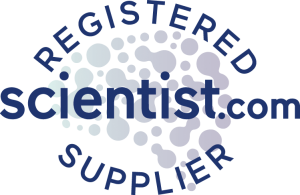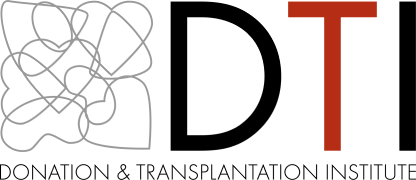Research Development
Human Biological Samples
The Research Development department of DTI Foundation supports world-class research groups to develop basic and preclinical research projects in the field of Advanced Therapies.
The projects supported by DTI focus on developing in vitro human predictive tools to achieve several objectives:
- Anticipate potential adverse, ineffective, or toxic effects resulting from the action of immunomodulatory compounds in cancer patients.
- Identify new therapeutic targets and/or biomarkers that could improve patient prognosis.
- Design and validate organoid models through comprehensive characterization, including drug testing and in-depth omics analyses (such as genomics, transcriptomics, proteomics, and epigenomics) of both organoids and tissues to evaluate their molecular and cellular similarity to original tissues.
- Develop and optimize advanced tools to analyze the impact of various components on organoid structures, aiming to gain deeper insights into their molecular mechanisms.
The development of advanced therapies brings significant medical and social benefits. These advantages have the potential to transform healthcare systems and profoundly improve people’s quality of life in areas such as:
- Treatment of previously incurable diseases: They enable tackling rare, genetic, or degenerative conditions that had no effective therapeutic options, such as muscular dystrophy, ALS, or certain types of cancer.
- Personalized therapies: They provide treatments tailored to the genetic and biological characteristics of each patient, enhancing effectiveness and reducing side effects.
- Regeneration and repair of tissues and organs: They can restore impaired bodily functions, significantly improving the health of patients with organ failure or injuries.
- Reduction of dependence on chronic treatments: Many advanced therapies offer definitive cures or long-term solutions, reducing the need for constant medication or ongoing treatment.
- Reduction in the use of animal models in research: These techniques create precise in vitro human models, avoiding limitations of animal-to-human translation. They also promote a more ethical and sustainable approach to biomedical research.
- Multidisciplinary approach: Coordinated teamwork with professionals from diverse fields.
- Adaptability: Flexible methodology tailored to each project's context and needs.
- Commitment: Active involvement of the team throughout all phases of the process.
- Availability: Continuous support and responsiveness to ensure project success.
- Rigorous methodology: Strict application of protocols and quality standards at every step.
To ensure that this essential process is done successfully, DTI Foundation provides support with:
- Customized project design:
- By linking biobanks, processing centers, and laboratories
- Specialists obtaining fresh samples:
- Through management of minimum cold ischemia for any type of tissue
- Shipping times of less than 24 hours in Europe
- Biobank partnerships:
- Working with a biobank to facilitate access to processed samples
- Round-the-clock surveillance:
- Ensuring unit members are available 24/7, in required projects
- Quality control:
- Through exhaustive monitoring throughout the entirety of the processes
- In general, by accessing the operating rooms or pathology units to assess the sample as soon as possible with medical teams

Contact us for more information about this service






